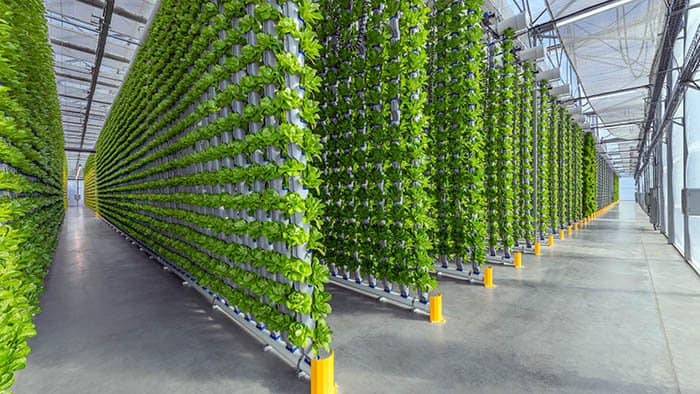There are no products in your shopping cart.
| 0 Items | £0.00 |


Ayo Akinfe
[1] Nigeria is not short of land for farming as we have about 37m hectares of arable farmland, representing about 40% of our landmass. However, farming is not just about land alone
[2] We are the world’s sixth largest food producer but yet, we do not have bargain basement prices because of our high production costs. Storage, transportation and distribution are huge factors when it comes to the food supply chain
[3] Up to a third of Nigeria’s food production goes to waste due to poor storage, transportation and distribution facilities. Our poor rural road network, a lack of on-farm storage and an absence of refrigerated distribution vans all contribute to heavy losses in the sector
[4] As we have seen with the removal of the petrol subsidy, high transportation costs alone are capable of pushing production costs to level so high that final retail prices are ridiculous
[5] If we introduced the new global trend of vertical farming in our urban centres, it would at least halve production costs and bring food prices tumbling down. Imagine being able to eliminate all those transportation costs associated with Nigerian food production
[6] Vertical farming is about controlled-environment agriculture, which aims to optimise plant growth and soilless farming techniques such as hydroponics, aquaponics, and aeroponics. Today’s modern concept of vertical farming was proposed in 1999 by Dickson Despommier, a professor of Public and Environmental Health at Columbia University and has grown phenomenally ever since
[7] At the time, Professor Despommier and his students came up with a design of a skyscraper farm that could feed 50,000 people. Current applications of vertical farmings coupled with other state-of-the-art technologies, such as specialised LED lights, have resulted in over 10 times the crop yield than would have been achieved through traditional farming methods
[8] Vertical farming has been highly successful so far in Devon, Israel, Singapore, Chicago, Munich, London, Japan and Lincolnshire. The main advantage of utilising vertical farming technologies is the increased crop yield that comes with a smaller unit area of land requirement
[9] One other huge advantage of vertical farming is that waste and losses are reduced drastically. Crops do not suffer from weather disruptions because they are grown indoors, eliminating all that damage farmers have to endure
[10] About half of Nigeria’s population lives in urban centres, so vertical farming has become a must. In our urban centres like Lagos, Abuja, Ibadan, Enugu, Kano, Kaduna, Maiduguri, Port Harcourt, etc, we desperately need vertical farms that came bring food to our markets with zero distribution costs. Over to you our state agriculture commissioners